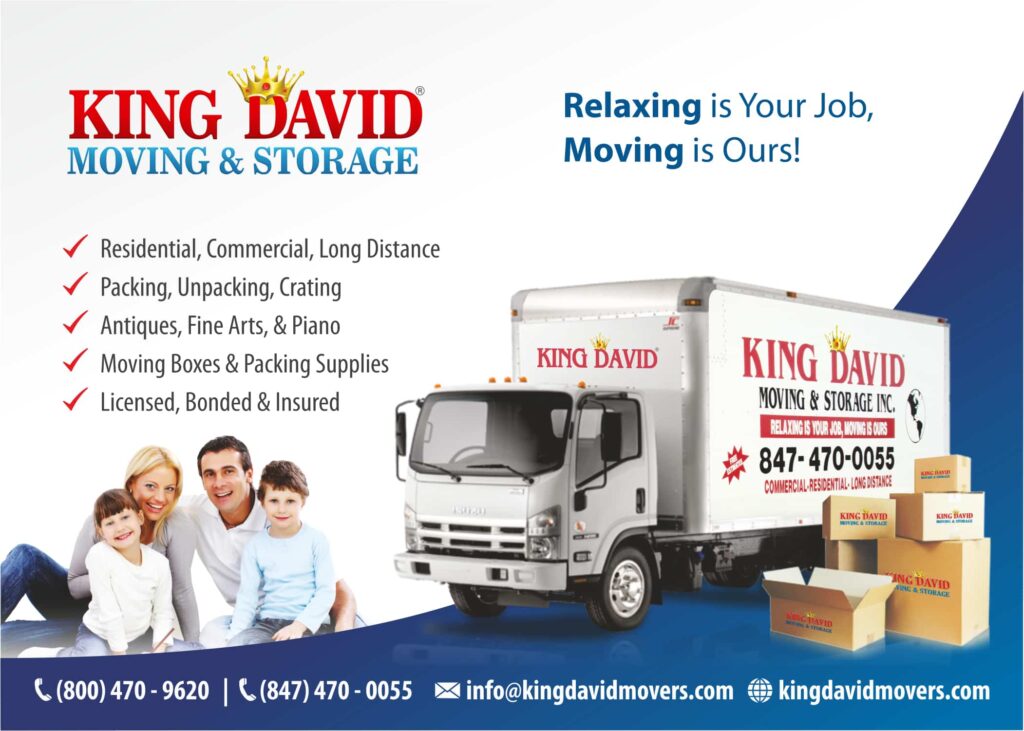11 Tips for Hiring a Quality Moving Company

You’ve finally emptied out that last shelving unit!
And, as you now look around, there are huge stacks of your belongings, the cargo boxes, and the rolls of bubble wrap and sticky tape staring back at you.
Where do you start? How do you proceed? How do you ship all of it to your new location?
Relocating a home is rarely a task you can tackle unassisted. The sheer amount of work and the bulk of goods can make it overwhelming and stressful.
This is why many people opt to have their goods managed and transported by a professional, full-service moving company. Majority moves are completed without a hitch. But we cannot of course overlook the instances of bad practices, misplaced, damaged or stolen goods and scams.
It is in your best interests to choose professional movers and to be aware of every step of the procedure. The 9 moving guidelines below will assist you in determining what to look for in a moving business for an upcoming move.
1. Ask for referrals
Ask a friend or relative who has moved recently for recommendations on reliable Chicago movers. Their experience can help you judge the overall quality of the service the company provides right from handling to delivery.
2. Do your research
Where getting a personal recommendation is not an option, you will have to look for a company yourself.
Start your search online. Look for ‘moving companies near me.
The number of moving companies has increased proportionately with the increase in moves across Chicago. So you are sure to find one.
Choose a company that services your area. Read up customer reviews for a shortlisted company online.
If the company is willing to provide references, call them up and ask about their experience with the mover.
3. A per-move consultation is a must
A packer who agrees to move your belongings without visiting your home or facility even once is one you should strike off your list.
A reputable moving company will take stock of all of your possessions. They estimate the bulk and weight of the items to be relocated as it directly reflects in the moving company’s charge.
You might wish to meet with a relocation expert in person and have him or her visit your property. That way, the expert can examine your possessions and give you an accurate estimate of how much it will cost to transfer them.
4. Verify their licensing information
Scams in the moving industry are common, so make sure the business you engage with is legitimate.
Ask to see the company’s license to conduct business. Permits are usually provided by the government. Depending on the area you live in, you can verify the legitimacy of the company by visiting the official website of the permit issuing agency.
Visit the company to ascertain if the advertised location matches their actual location.
5. Talk about Insurance Cover
All moving companies must bear responsibility for the value of the items they transport. The extent of liability, however, could vary.
You must be informed of the applicable fees as well as the level of coverage offered by the company. Take the details of coverage in writing.
Homeowners or renters insurance does not usually cover possessions in transit. You can still however find out about the same.
6. Obtain multiple estimates
Charges for removals are determined by the weight of the objects to be transported, the distance to be traveled, and additional services such as packing.
Get two or three moving quotes far ahead of time for your move. Ask the moving firms whether their quotes are binding or nonbinding when you chat with them. Accepting an estimate over the phone is not a good idea.
7. Read the contract carefully
The contract, issued by the mover will spell out the terms of the move. Once signed, all the terms become binding on you; you will have to pay exactly what it states.
Before you sign it, make sure you read it thoroughly and that you understand it. Keep a copy of the contract with you for future reference.
The contract generally lists the mover’s name and address, the types of payment methods it accepts, the time of pickup, the minimum and maximum amounts to pay, and other payment information.
Ask questions if you find anything odd in the contract.
8. Would you be charged additional fees?
Often homeowners sign up to a company based on the estimates. They rarely inquire about additional fees.
We are sure you don’t like surprises on moving day or worse to have your belongings held hostage in exchange of extra charges.
So, make sure to ask about any additional expenses that may be added to your final bill, such as fuel surcharges, extra stops, and equipment fees.
9. Areas Served
You want to choose a local moving company rather than one that is out of town. It is not only economical but practical too.
10. Experience vs. Cost
A few pennies saved always brings extra joy. However, when you do your price comparison don’t forget to factor in company experience.
You might come across a Chicago moving company offering low, pocket-friendly charges. And while price is not always a reflection of the quality of service, a company with inexperienced movers.
11. Use Packing Services
If you’re like most individuals, the notion of packing up all your stuff makes you cringe. Look for a local moving company that provides crating and packing services;
This service may cost you extra, but will let you relax and enjoy your next relocation.
